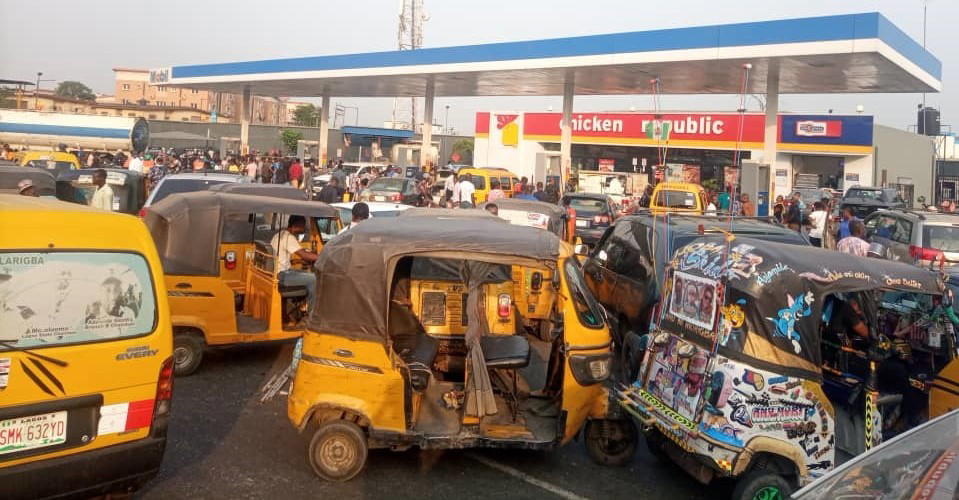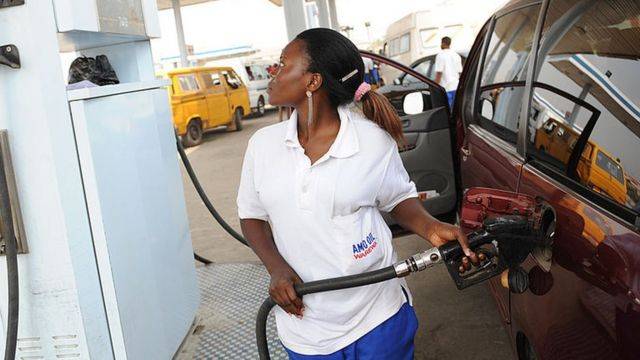Federal government officials and various unions have announced that negotiations on fuel subsidies will be concluded within eight weeks. This revelation came during a press conference held at the State House in Abuja on June 19. The meeting brought together officials from the Nigerian National Petroleum Company Limited (NNPCL), the Nigerian Midstream and Downstream Petroleum Regulatory Authority (NMDRA), and the Nigerian Upstream Petroleum Regulatory Commission (NUPRC). In addition, leaders from the Nigeria Labor Congress, Trade Union Congress, Chief of Staff to the President, Femi Gbajabiamila, his Special Adviser on Energy, Olu Verheijen, his Special Adviser on Investment, Zaccheus Adedeji, and Permanent Secretary of the Ministry of Labour and Employment, Kachallum Dajou, was also present at the meeting. During the meeting, it was decided that the subcommittee's report will be processed and completed within the scheduled eight-week period.

These reports will be the basis for making an informed decision about the case in question. National Economic Council chaired by the president; Kashim Shettima sees labor and supply of alternatives to natural gas as a catalyst for the removal of fuel subsidies. According to the report, a committee has been set up to look into these matters and report back within two weeks. It is also important to note that the Board Committee considered the following: The group's recommendation for the rehabilitation of 702.9 billion naira in debt and less than 25 billion naira per month, which they asked to be weakened due to the withdrawal of subsidies. Funding can be obtained from the World Bank and London's partners to implement natural gas (CNG) policies for cars in the country as part of a process to reduce the impact of the removal of fuel subsidies. The decision by the federal government and its members on June 19 means that Nigerians will have to wait eight weeks before a concrete plan is released to distribute aid, which is to reduce the burden citizens are facing due to the withdrawal of aid. fuel. Meanwhile, many Nigerians living below the poverty line have to deal with the daily challenges of high transportation costs. In addition, the country is experiencing a price increase of 22.41%, which has a dramatic effect on the price of food and other essentials. As a result, the delay in the implementation of remedies adds to the existing hardships faced by vulnerable Nigerians, exacerbates their economic hardships, and affects their quality of life.




